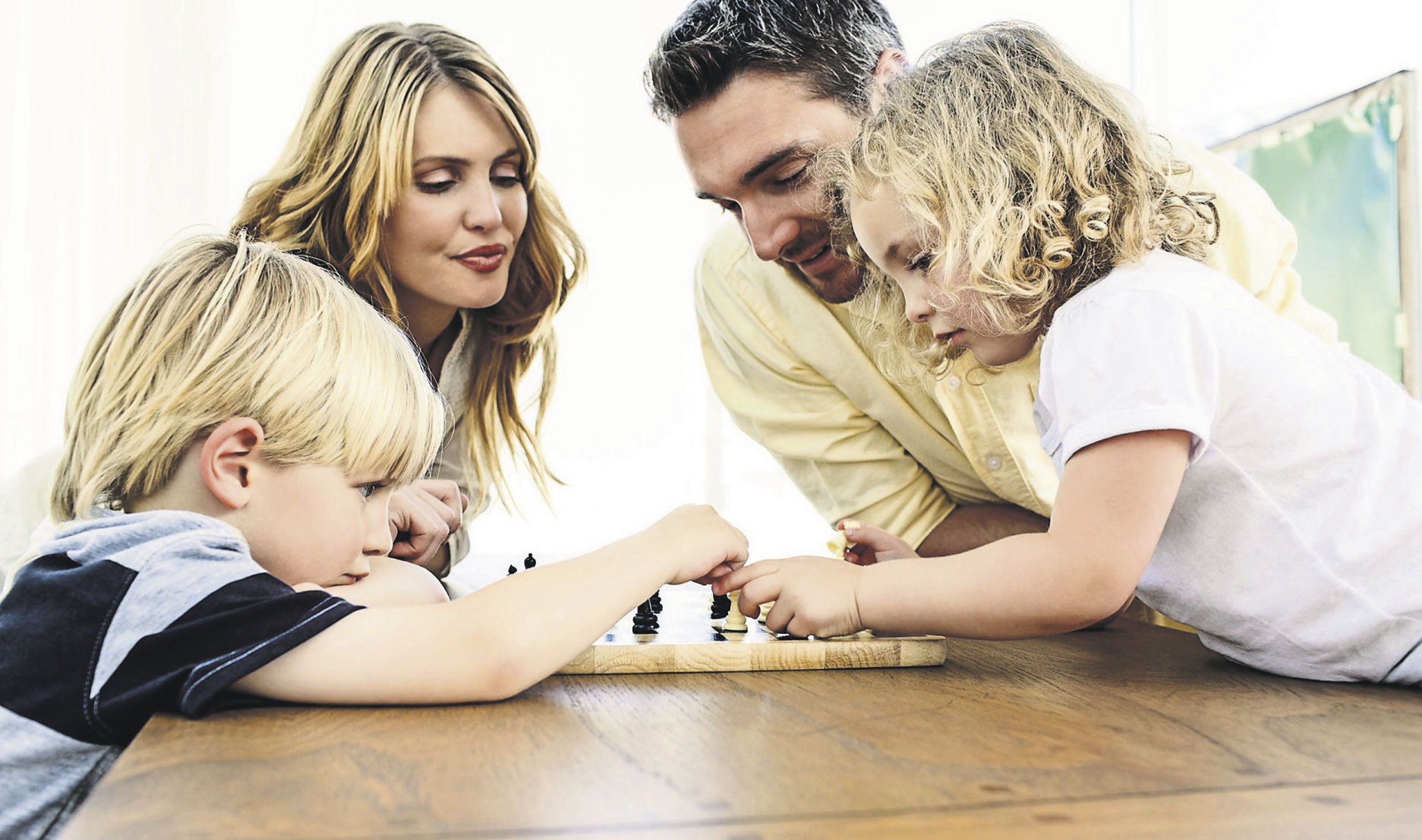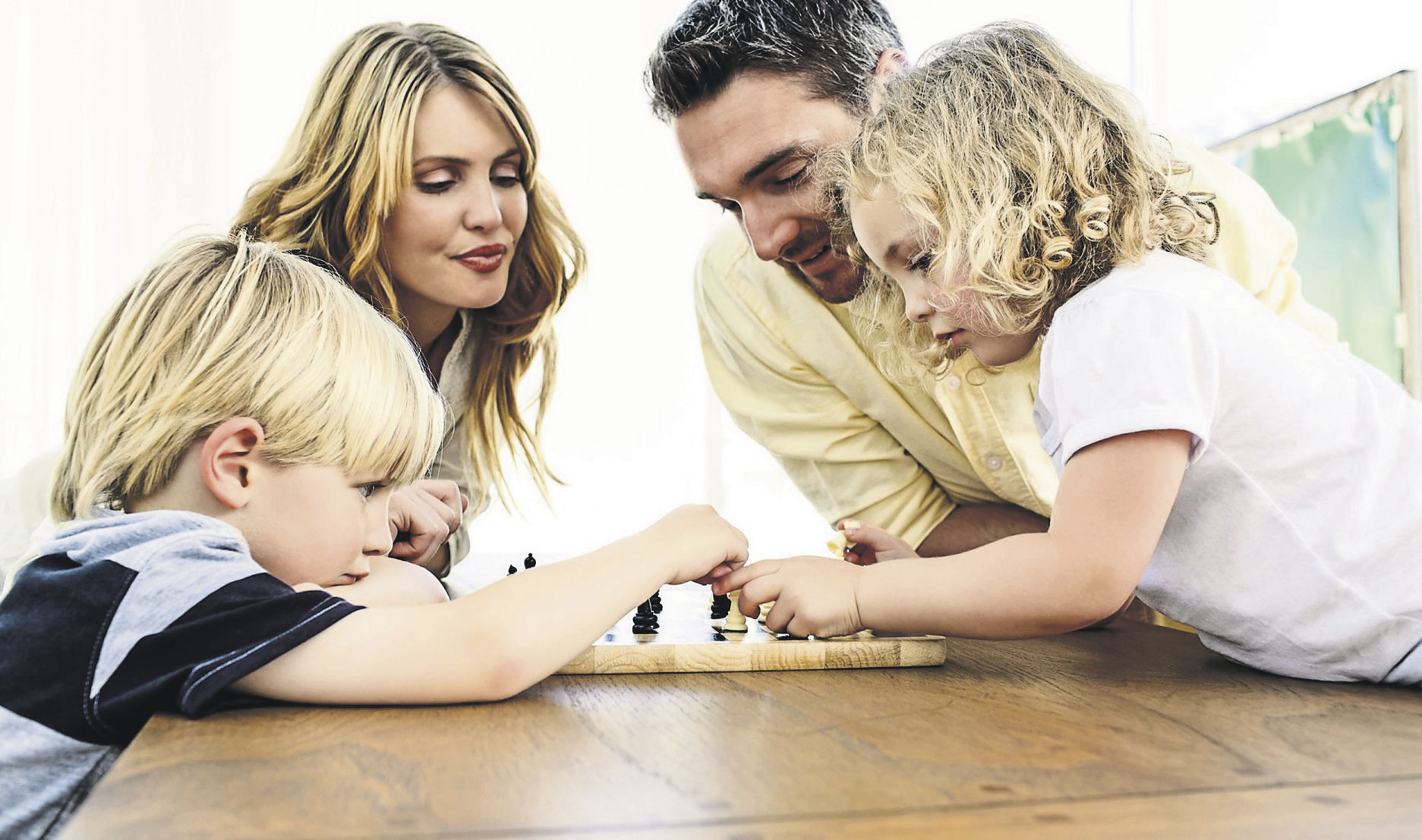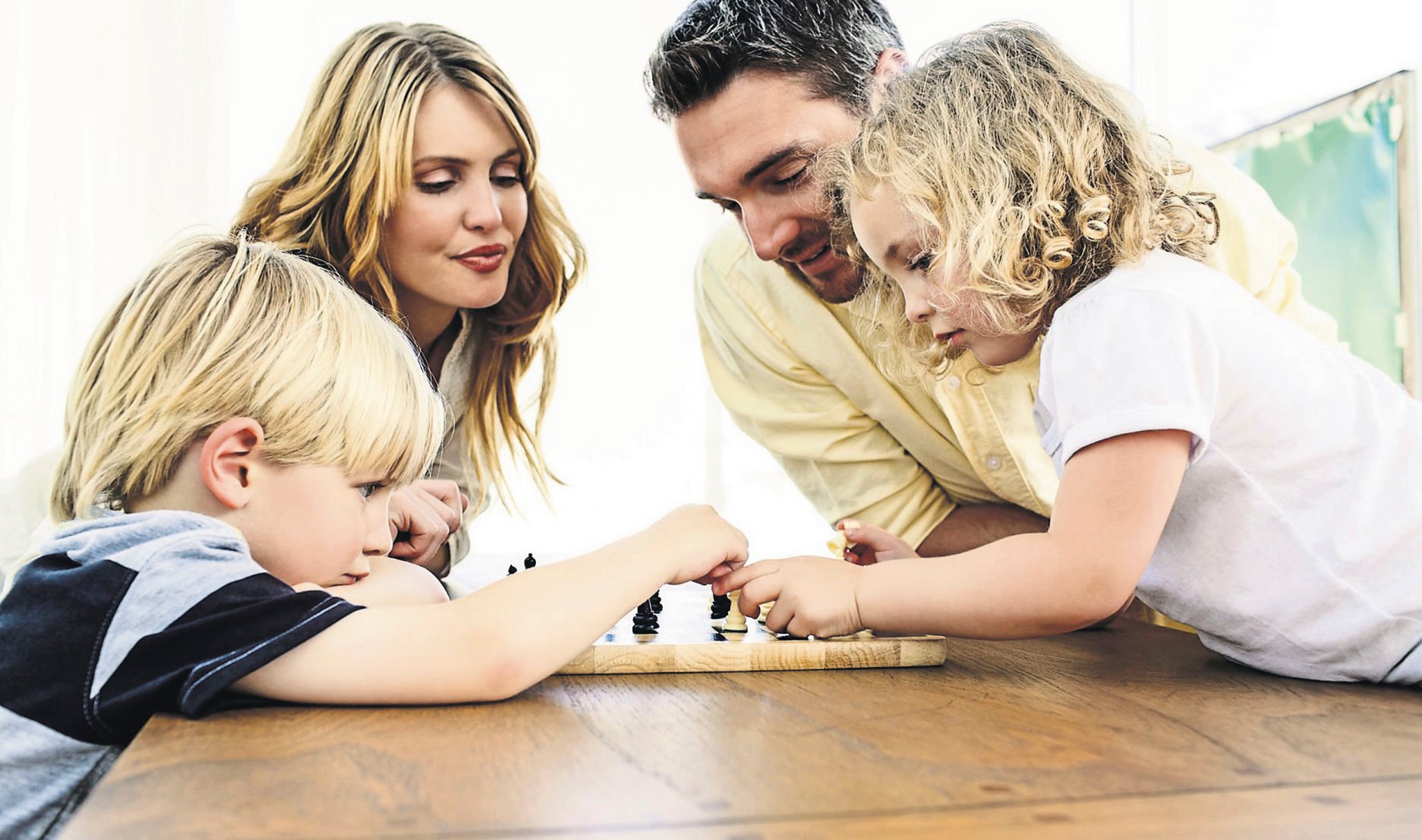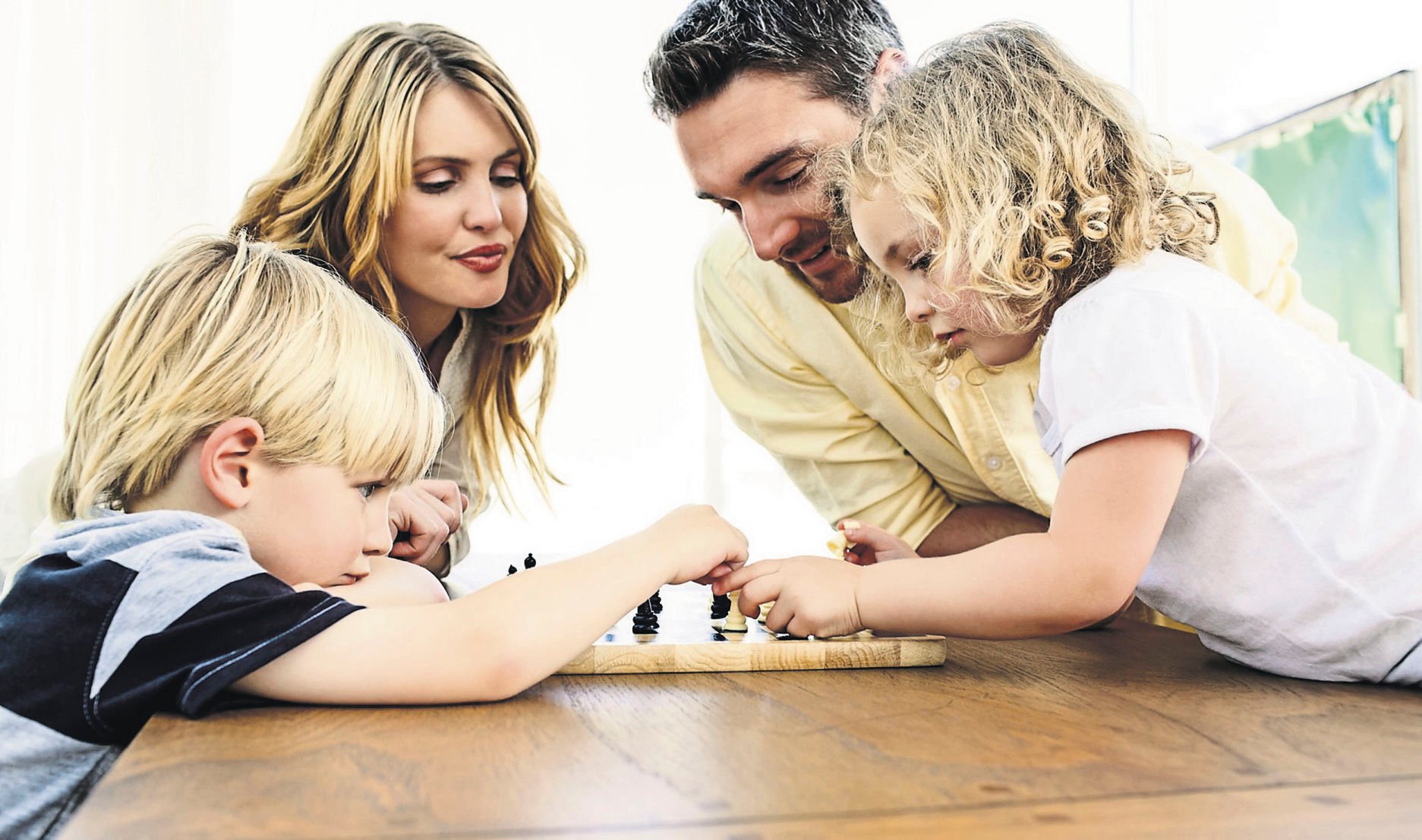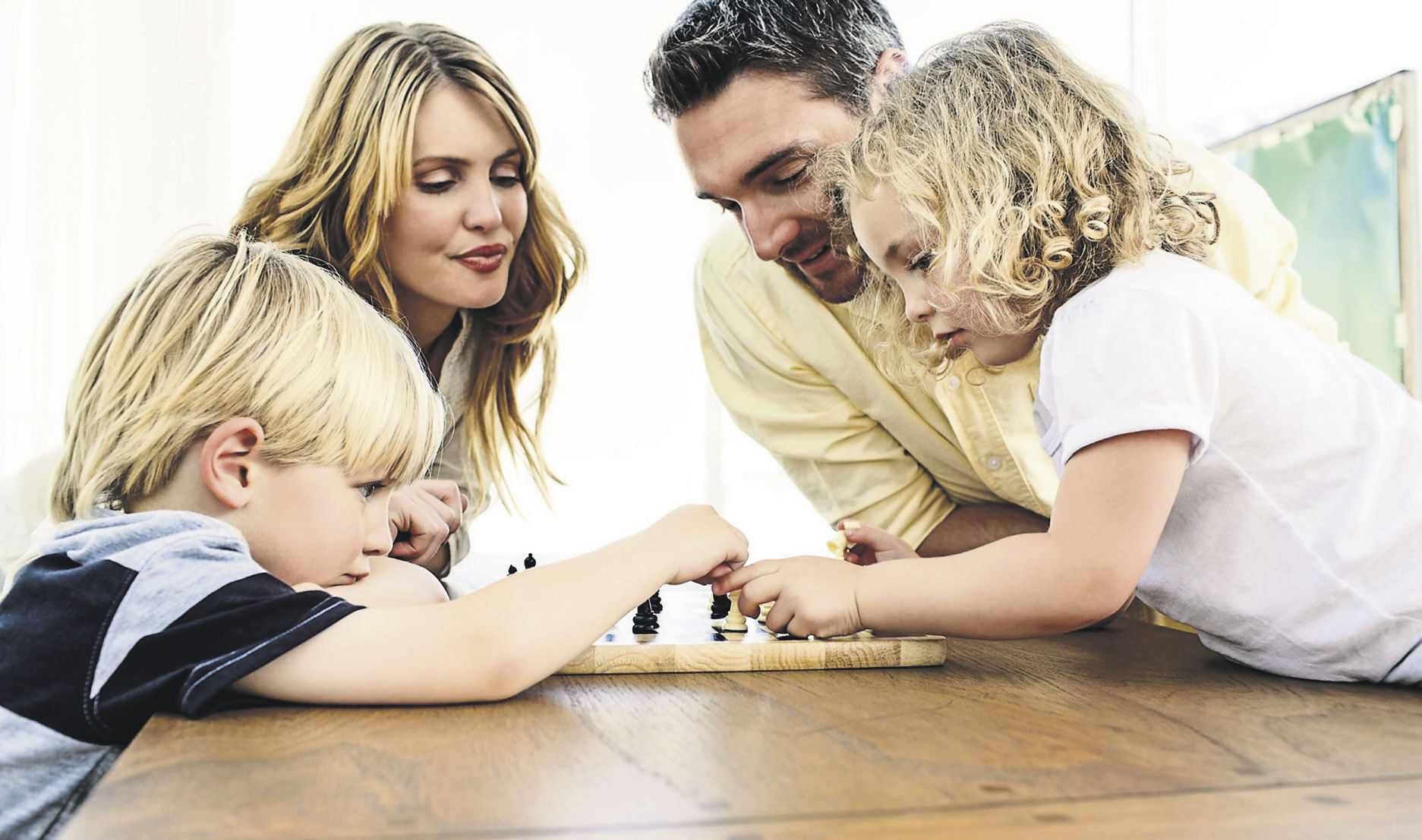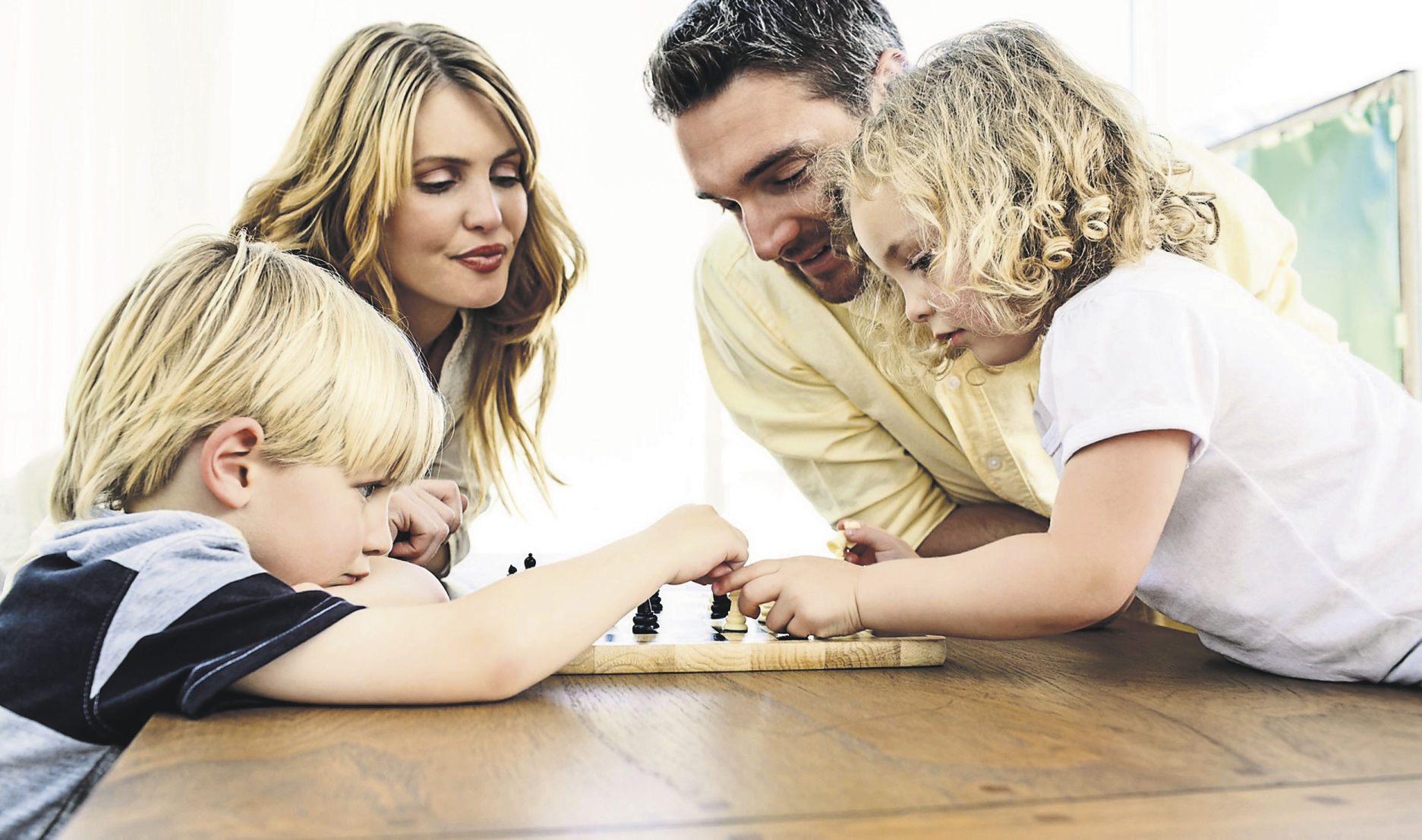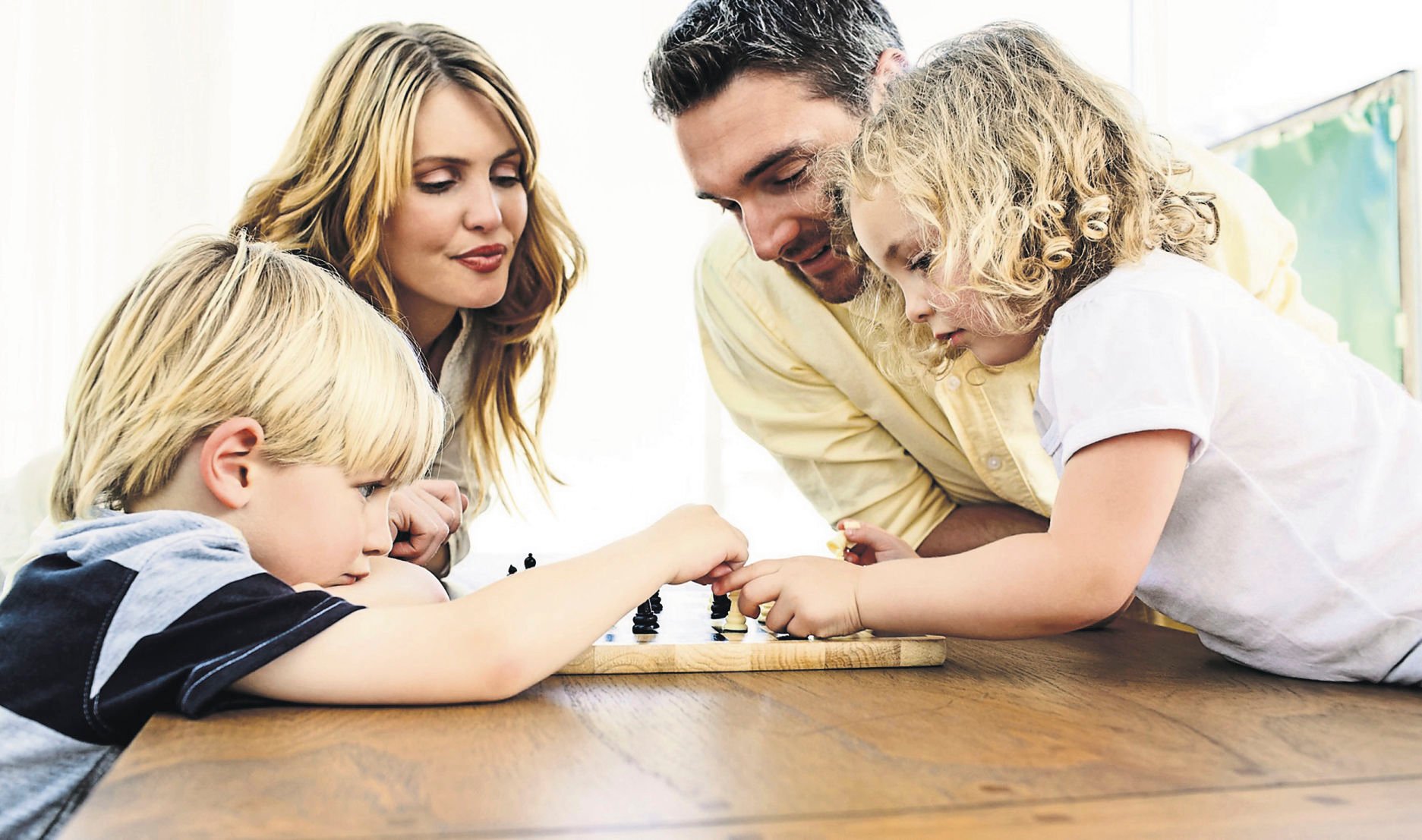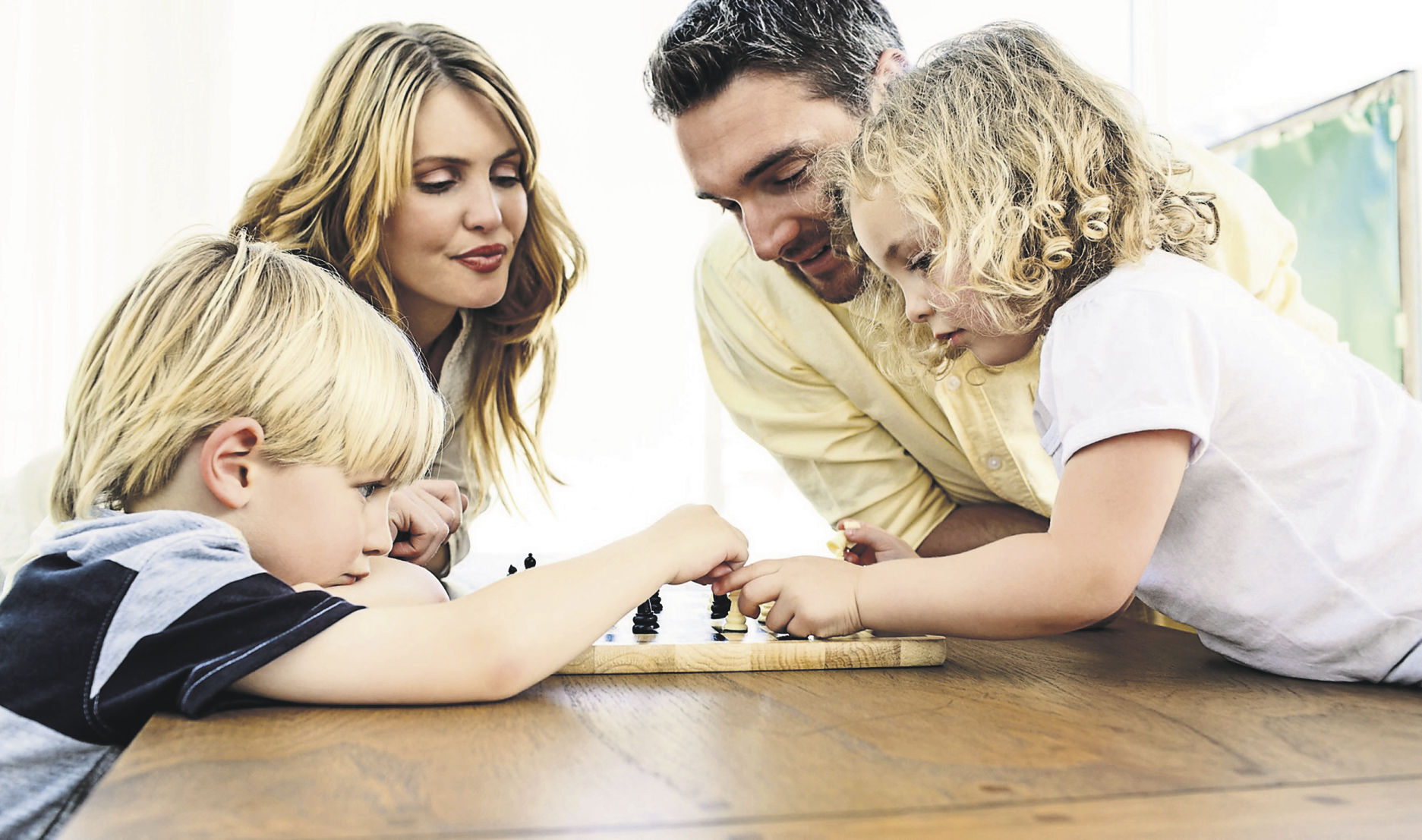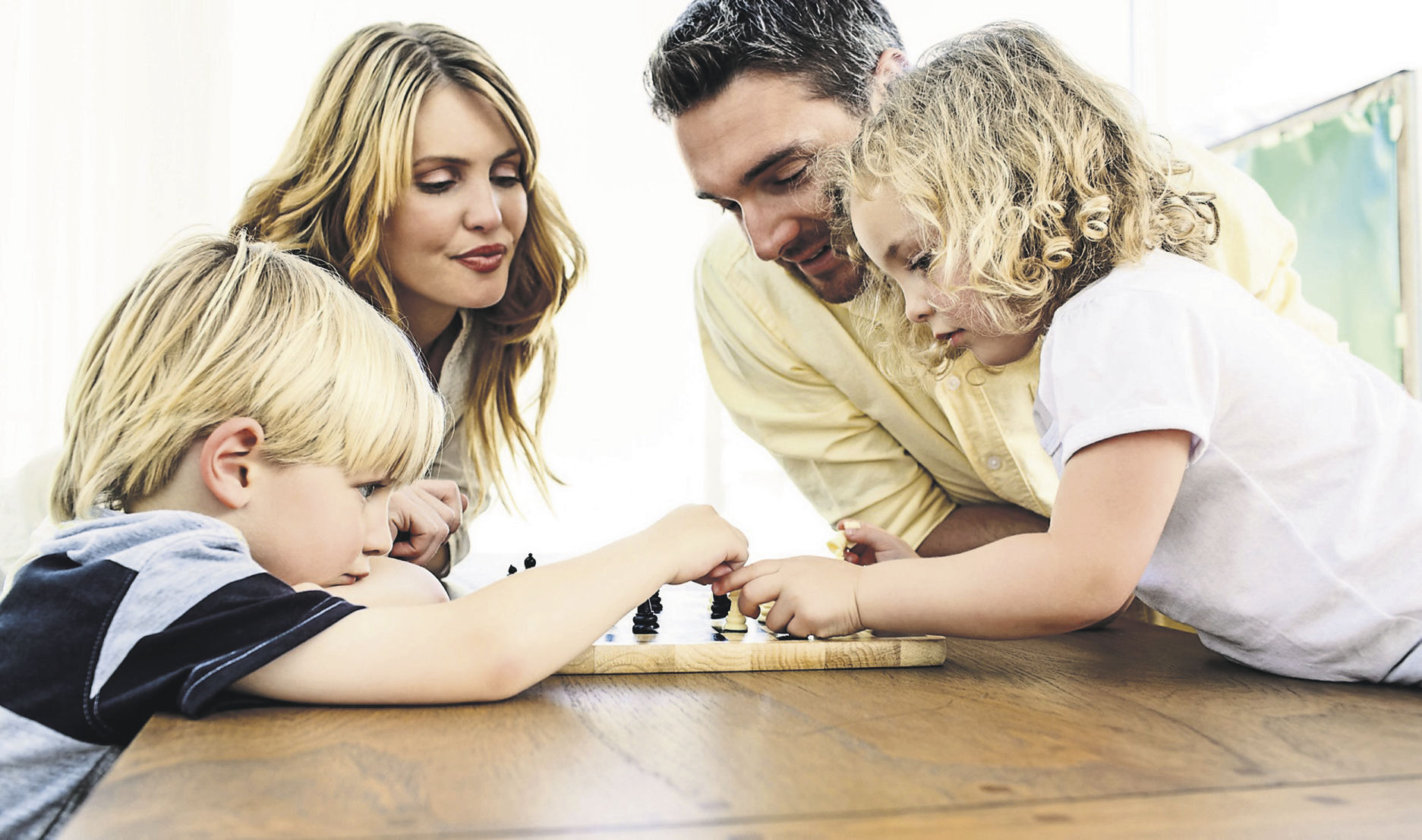For many, the additional isolation and never-ending uncertainty of the past couple of years has led to mental fatigue and burnout.
Experts say that no matter your age, turning to play instead of social media can help you feel more like yourself again.
“While it’s tempting to constantly reach for our devices to check social media during times of stress and loneliness, or even just when there’s down time, it’s a habit that a number of studies unfortunately link to anxiety and depression,” says Anna Yudina, senior director of marketing initiatives at The Toy Association, which spearheads The Genius of Play. “Research shows that play, on the other hand, reduces stress, boosts life satisfaction and empowers adults and kids alike to be creative thinkers.”
To combat burnout and mental fatigue, The Genius of Play is offering the following tips for reducing screen time and embracing playful hobbies instead:
Make time for play
The habit-forming properties of social media are well-documented; however, you can commit to less screen time and more play time.
In the case of families, parents can lead by example. Consider instituting policies that help strike a healthy balance. For example, make the dinner table a device-free zone, schedule device-free game nights and set time limits.
Struggling to set healthy limits for yourself or your children? Apps, such as Moment and Social Fever, are designed to help.
Bundle up
Don’t let cold weather discourage you from going outdoors. Fresh air is good for the mind, body and soul, and once you get moving, you’ll warm up in no time.
From nature hikes, skiing and other outdoor adventures to backyard activities and obstacle courses, there are many ways for people of all ages to be playful outside. For kids, you also can try classic games like Kick the Can and Capture the Flag.
Social distancing? Try Shadow Tag. Played the same way as a traditional game of tag, players tag each other with their shadows instead of their hands.
Play indoors
Feeling cooped up? Promote screen-free playtime at home with classic board games and card games, STEAM projects and with toys that build real-world skills and challenge participants to solve problems imaginatively.
For example, construction toys offer something for everyone, whether they prefer following directions or building freely.
Make art
From painting a still life to completing a project that’s a bit sillier, making art builds fine motor skills and problem-solving skills, enhances communication and self-expression and promotes self-esteem and the motivation to succeed. Need some inspiration?
Marshmallow Sculptures is a perfect project for ages 5 and older. Let your little Michelangelo connect toothpicks and marshmallows, revealing a one-of-a-kind work of art. Best of all, you can keep each sculpture, disassemble and start again, or even eat it.
Take time to relax
Quiet time is vital for recharging one’s batteries. Build in time for your family to read, color, assemble puzzles, practice yoga or participate in other stress-relieving activities.
For more tips, advice and research from leaders in child development, education and play, visit thegeniusofplay.org.
Through play, you can not only beat the blahs and develop important skills, you also can help your family form healthy digital habits — a win-win for everyone.

